Canada’s Minister of Foreign Affairs Marc Garneau and his UK counterpart Dominic Raab agreed that the two countries should advance cooperation on a number of human rights issues, including in China and Burma, also known as Myanmar.
He said the men “remain an absolute priority,” and that Canada will continue to call for their immediate release.
The “two Michaels” were detained in 2018, following Canada’s arrest of Meng Wanzhou, the daughter of Huawei Technologies’ founder Ren Zhengfei and the telecom company’s chief financial officer. Earlier in the year, Meng was arrested at a Vancouver airport at a U.S. request for her extradition.
Meng and her company were accused of using a Hong Kong shell company, Skycom, to sell equipment to Iran in violation of U.S. sanctions. She faces charges of bank fraud for allegedly misleading HSBC and other financial institutions about her company’s business dealings in Iran.
The ministers also vowed to continue speaking out about human rights issues in China, such as the crackdown on Uyghurs and other Turkic Muslims in the Xinjiang Uyghur Autonomous Region. These ethnic minorities have been subjected to “mass arbitrary detention, political re-education, forced labour, torture, forced sterilization, and sexual violence” under the draconian rule of the Chinese Communist Party.
The ministers agreed that China should allow an international investigation, with independent experts, into the alleged genocide in Xinjiang.
They also noted the call for the Tatmadaw, Burma’s military, to immediately and unconditionally release arbitrarily detention of Burma’s top leaders, including State Counsellor Aung San Suu Kyi and President Win Myint.
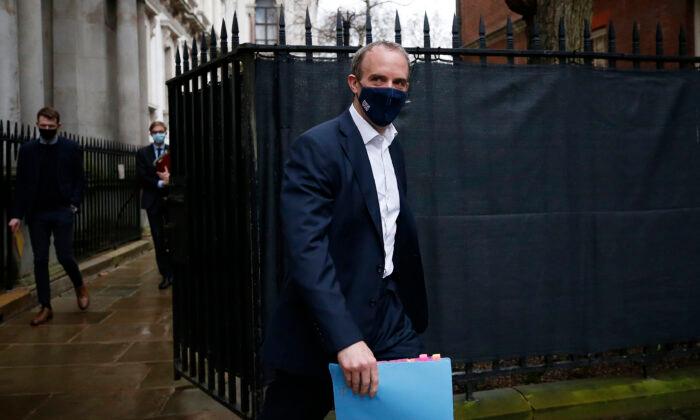

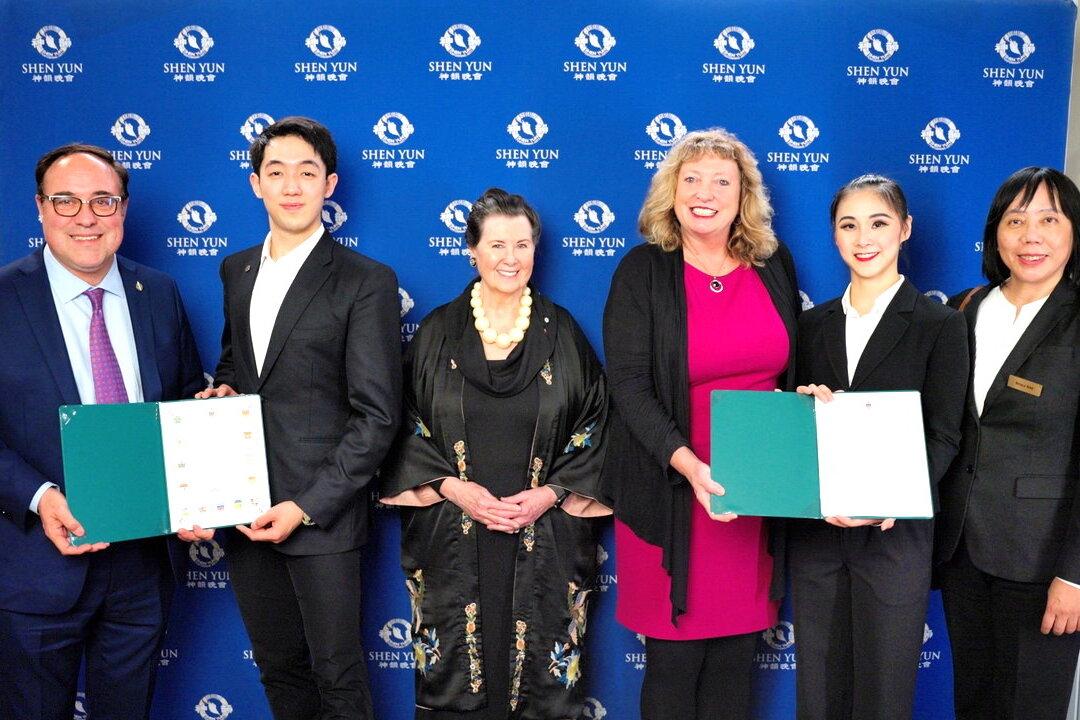
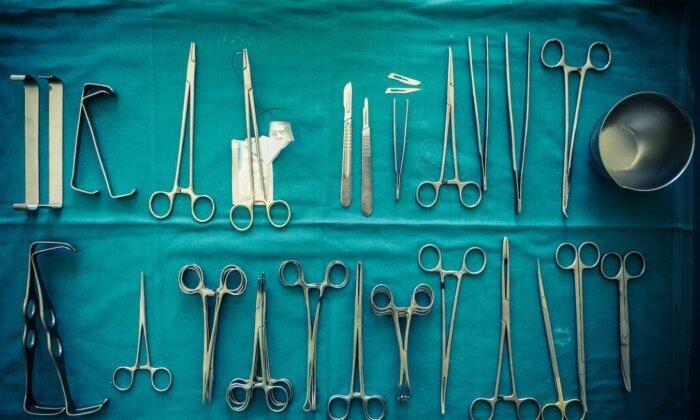
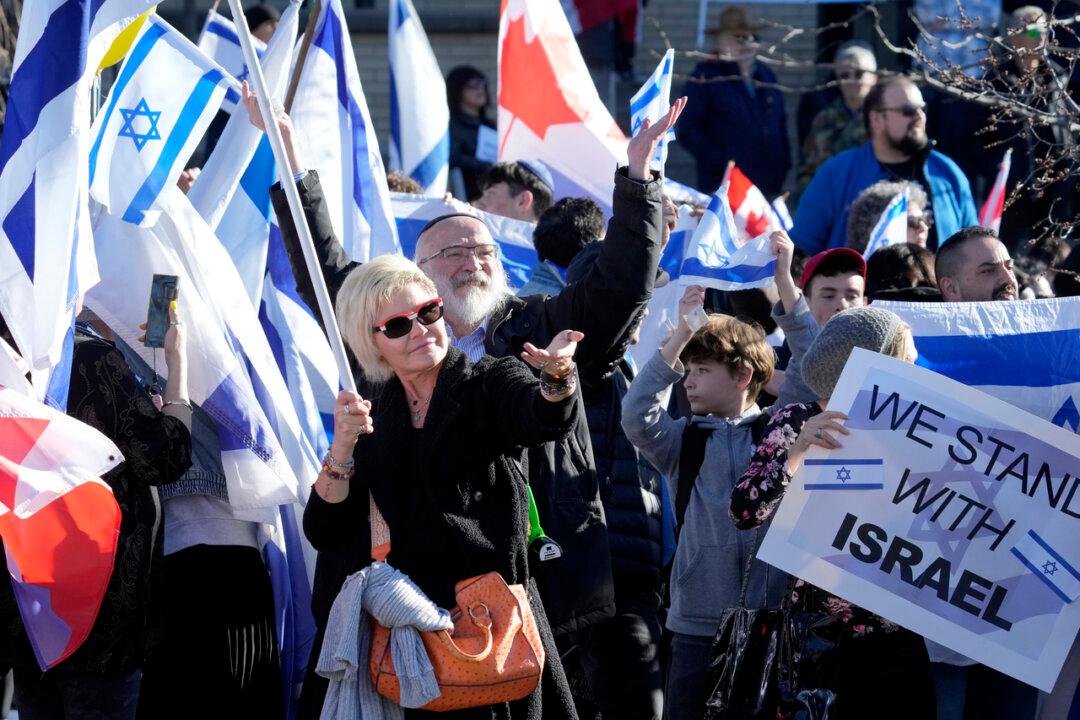
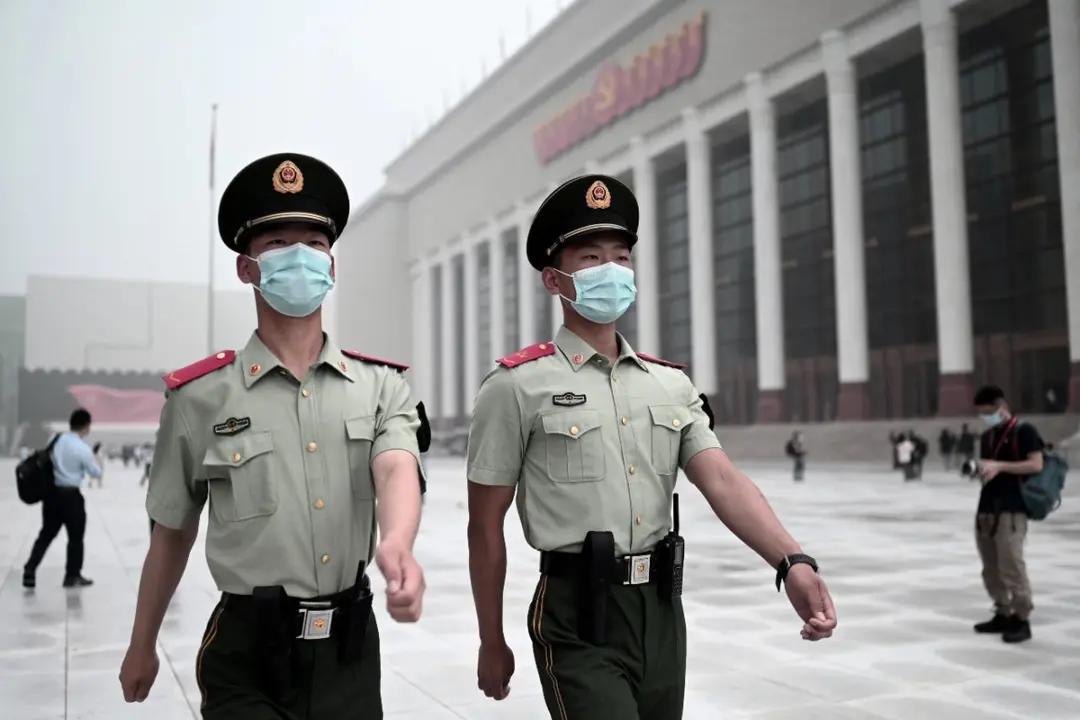
Friends Read Free